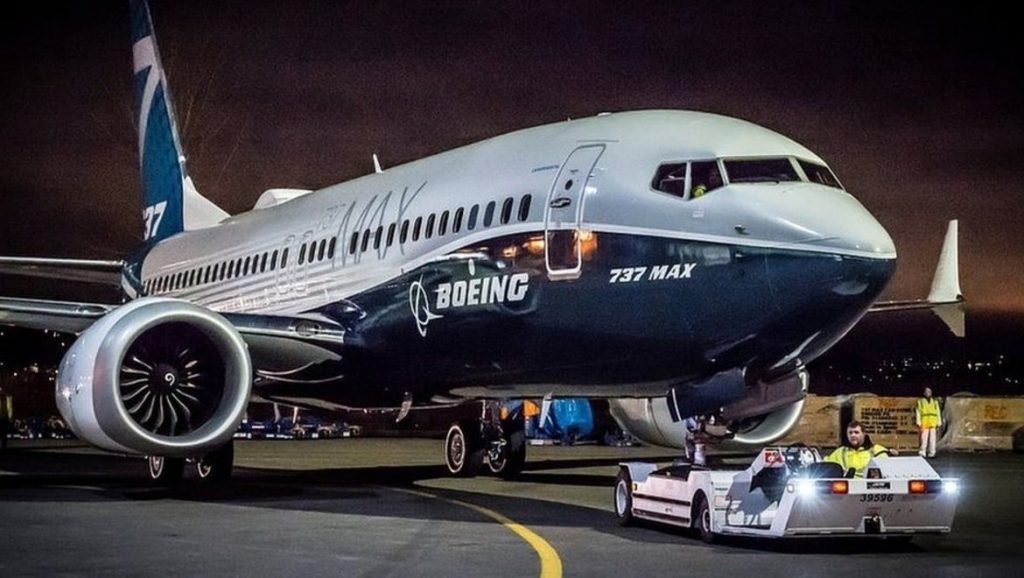
The US Federal Aviation Administration (FAA) has released a mandate ordering all Boeing 737 MAX jet operators to conduct additional inspections on its automated flight control system, MCAS.
In December 2020, Boeing issued a recommendation that all MAX jets were required to be re-inspected if they had reached 6,000 flight hours, however, the FAA have now made this an official mandatory safety directive.
Specifically, the directive, dated 16 June, states aircraft are required to be checked an additional three times to “verify that functions have not failed.”
These inspections will be on top of existing ones, to “ensure the continued functioning of certain systems throughout the life of the airplane”, said the FAA in the statement.
The requirements include checking the stabiliser trim system, cut off switches, and systems related to the aileron and elevator actuator availability.
Boeing said it “fully supports the FAA mandate … requiring functional checks at certain intervals to the digital flight control system, stabiliser trim, and the primary and secondary aisle stand stabiliser”.
This comes after two fatal crashes in 2018 with Lion Air, and early 2019 with Ethiopian Airlines that resulted in the death of 346 passengers and air staff. For 20 months, the planes were grounded until November 2020 when they were recertified.
Along with the directive, the FAA issued a Continued Airworthiness Notification to the International Community (CANIC), urging “other international regulators and to operators outside the United States”, to follow this same mandate.
The FAA said the new implementation of inspections will impact 72 aircraft from the United States and, if other regulators from other nations follow suit, an additional 389 aircraft worldwide.
The Maneuvering Characteristics Augmentation System (MCAS) was deemed the root of the fatal crashes. The system is designed to activate manual flight control law, enhancing the pitch stability of the aircraft.
During flight, the system is triggered by a sensor, however, in this instance, the single sensor malfunctioned, resulting in the two crashes.
Now after all this time, while the MAX has been recertified, these safety directives and mandates highlight that the potential of a control system failure combined with unusual flight maneuvers could result in complete loss of control of the aircraft, therefore they are of highest “importance”, according to the FAA.
There is no indication yet that other regulators will follow this directive.




